This past August, Aid to Artisans held its annual Market Readiness Program™ during NY Now. Aided by the re-designed MRP manual, participants were instructed by industry insiders on how to succeed in US markets. Additionally, consultants provided solutions to issues pertaining to sustainability, productivity and general marketing that many companies, both domestic and international, face when trying to carve their niche in the US and their respective economies. Participants were also able to meet with buyers during our Buyers Connect Lunch, an event aimed to prepare participants for future interactions with potential buyers.
As in previous years, the MRP hosted participants representing other companies as well as those not affiliated with any organization. They are Monty Palmer, Dao Mai and Lisa Artuso from Creative Associates, Neha Bafna, who is in the beginning stages of forming a social entrepreneurship organization, María del Carmen Villalba Díaz, the director of Hotel Casona María, a boutique hotel in Puebla, Mexico and University of Chicago PhD student Gabriela Gracia, whose research focuses on evaluating workplace hazards and implementing sustainable solutions.
ATA is proud to present the stories of the participants who successfully completed this year’s MRP and their organizations:
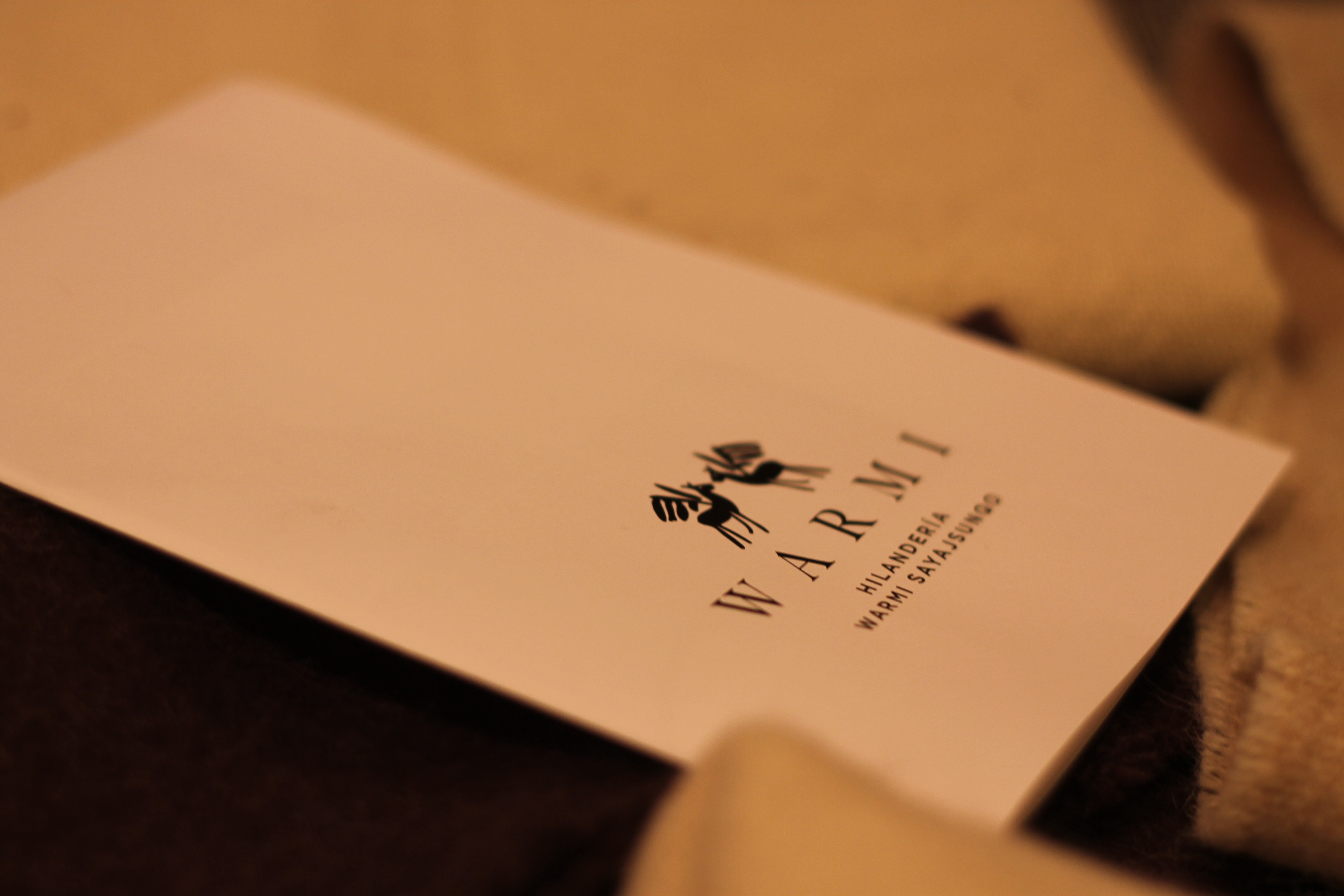
Established in 2014, Matriarca-Hilanderia Warmi has a long history (dating back to 1922) and track record of producing yarn, blankets and fabrics with llama fiber and sheep wool. Patricia Alejandra Cerrizuela, manager of the Argentinian based project, represented Matriarca-Hilanderia Warmi at the 2014 Market Readiness Program™. The final goal of this project is to aid in further developing the community of the Puna region, generating jobs and eradicating poverty in the region.
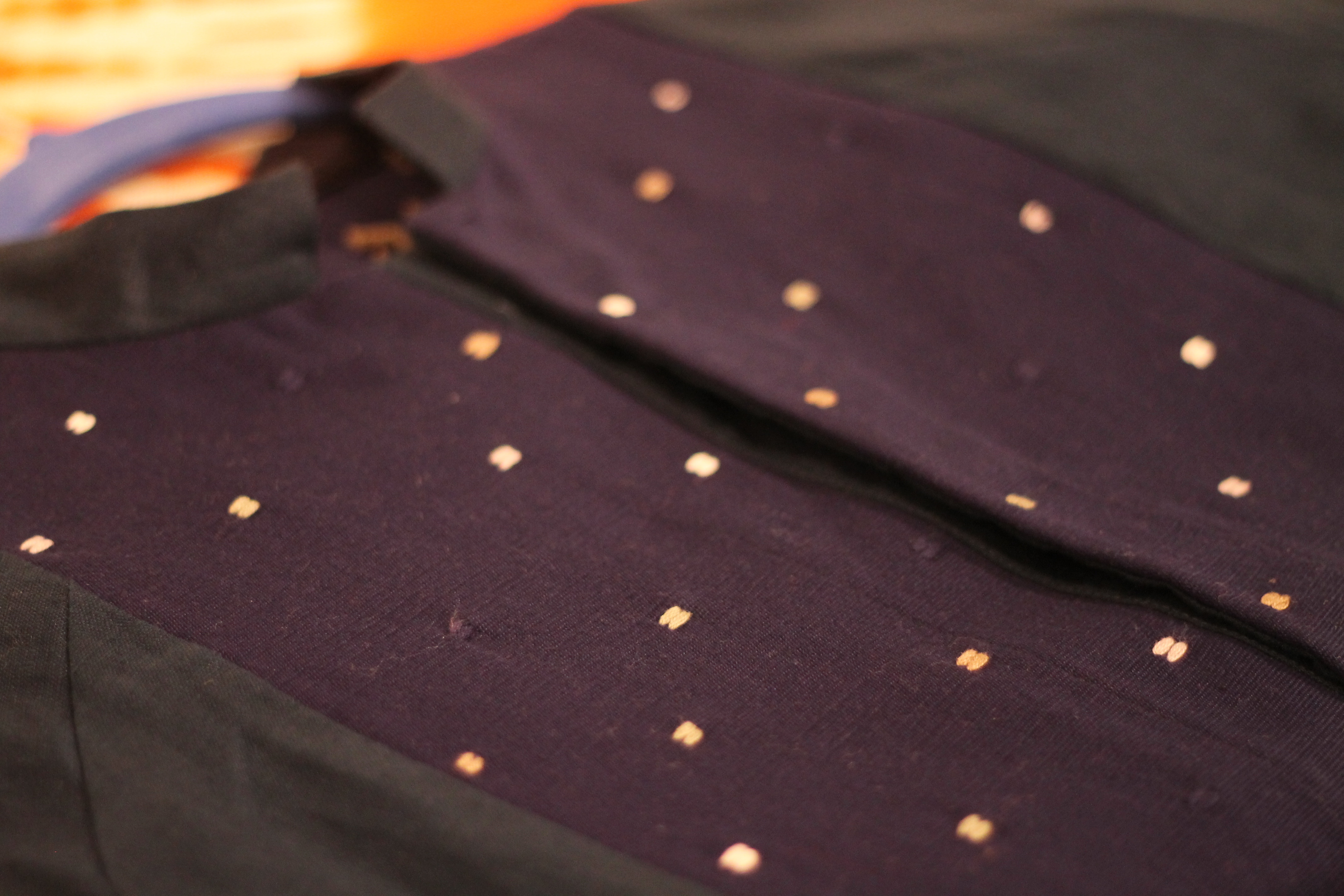
Proyecto Artesanía is the personal project of fashion design graduate and MRP participant Guillermo Jester. Based in Chiapas, Proyecto Artesanía works in the investigation, rescue, exploration, and application of artisanal textiles and traditional techniques. In collaboration with local artisans, the project helps to create contemporary artisanal designs in order to promote this artisanal work in the Mexican fashion and interior design industries. Proyecto Artesanía dedicates itself to finding fresh approaches to craft design in order to produce top quality products.
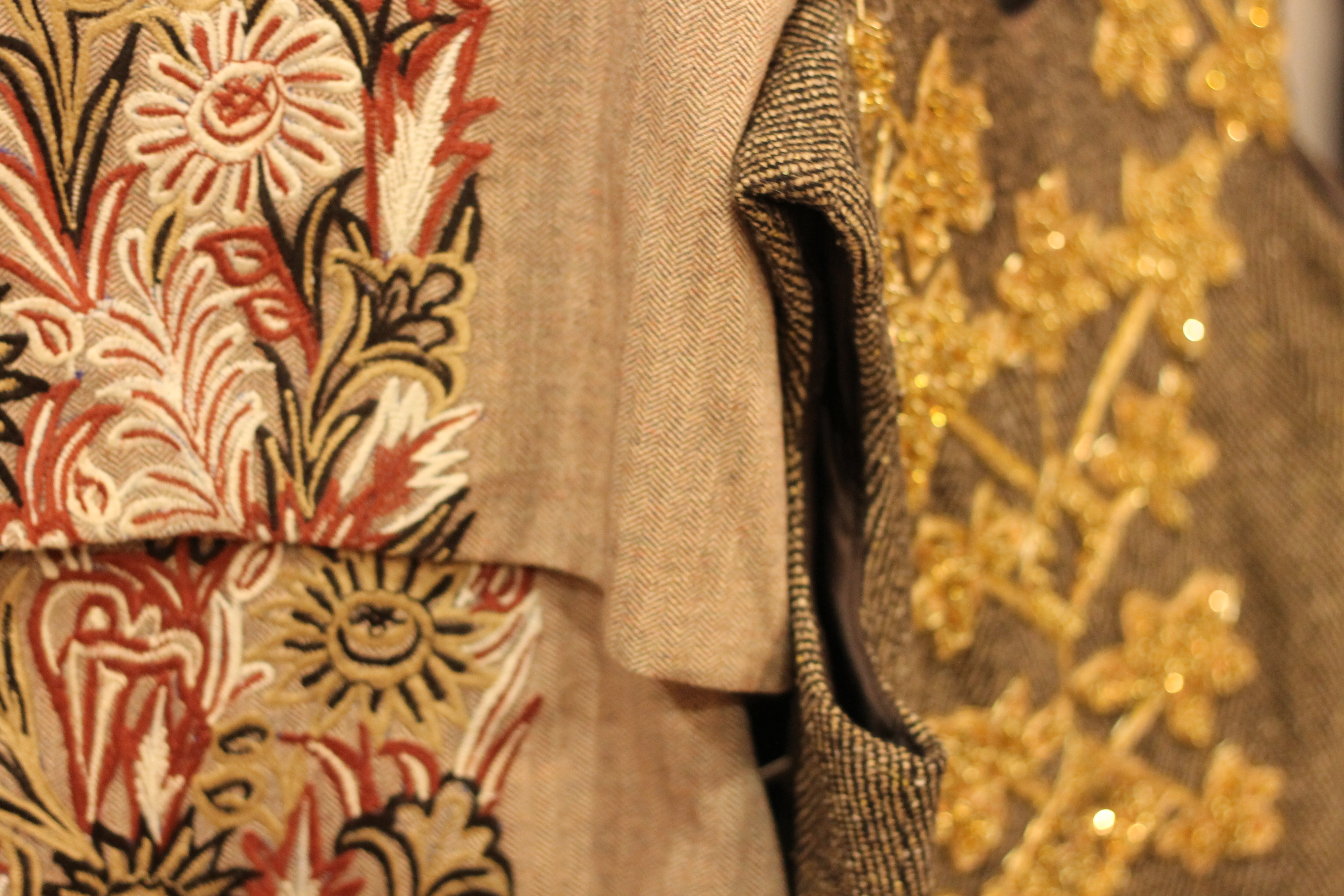
Denisse Kuri is the creative director of the company that carries her namesake. Infusing indigenous textiles and embroidery, the brand’s main objective is to create contemporary clothing from traditional crafts. “Our mission is to preserve indigenous textile tradition,” writes founder Denisse Kuri, “as well as to achieve the appreciation of indigenous women and get them to be self-sufficient.” This mission is reflected in the carefully crafted pieces created by the 40 female artisans Denisse Kuri supports in Chiapas and Puebla. This endeavor has not gone unnoticed as Denisse Kuri has been featured in Vogue’s Fashion Night Out Madrid (2011) and Who’s Next Paris Fall/Winter (2014-2015).
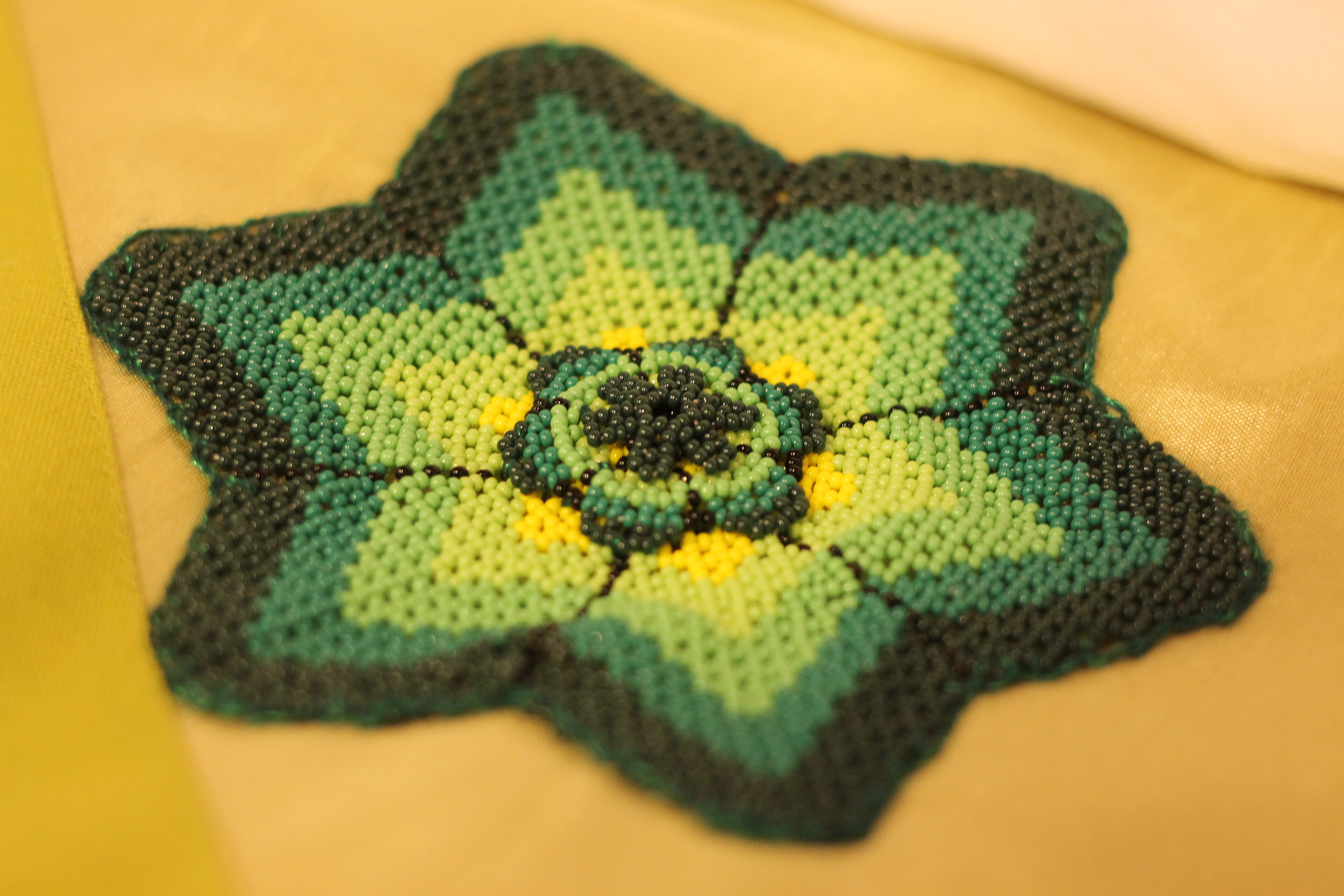
Founded in 2011, Textiles Aenemex is a project that involves the production of decorative articles and quilts, in collaboration with Mexican artisans. The influence of Huichol art, folk art produced by the Huichol people of Jalisco and Nayarit, Mexico, can be seen in the various vibrant textiles produced by Textiles Aenemex. General Director and Designer Aisha Nava Muñoz represented the project during the Market Readiness Program™ (MRP).

Product and Design Coordinator Guillermo Macias Acosta represented Aid to Artisans Mexico at the 2014 MRP. With him came the goal to gain a “broader vision in marketing, branding, design and costing of products globally.” Aid to Artisans Mexico works to promote economic development by establishing professional relationships with artisan businesses in order to help them be more effective in areas of product development, administration, order fulfillment, promotion, leadership and increase access to local, national and international markets. Currently they work with Maya embroiderers and weavers in the highlands of Chiapas, Mexico as well as artisan groups in San Andres Larrainzar, Chenalhó, Pantelhó, Mitontik, Zinacantán, San Juan Cancuc, Tenejapa, Sitalá and Aldama.
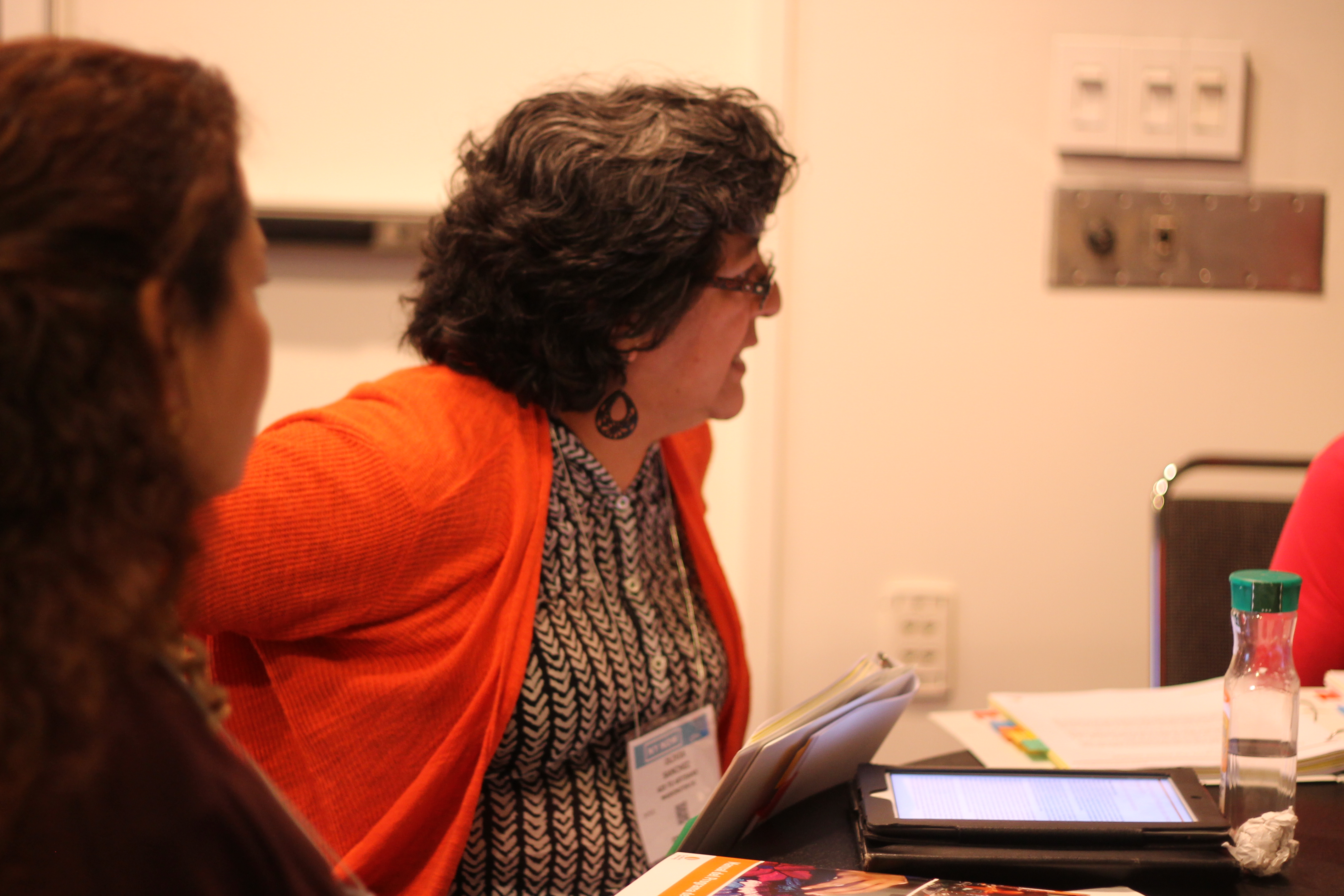
Fundación León XIII was created in 1996 with the goal to contribute to comprehensive community development. In the years since its conception, Fundación León XIII has generated enough social capital to support the development of the most vulnerable individuals and families in the communities that reside in the highlands of Chiapas and Costa Chica. Olivia Sanchez, a manager within the organization, showcased products from Fundación León XIII during the MRP.

From Yangon, Myanmar comes the unique crafts of Yoyamay, the creation of U Kyin Lam Mang (Pa Mang) and Daw Khun Shwe (Nu Shwe). Specializing in both traditional and contemporary textiles, this family owned business supports 100 weavers. Manager and Designer Julie (Cing Chan) Sang came to the MRP to showcase the unique work of Yoyamay and to learn what international buyers are looking for from a country such as Myanmar. “Here we sell ethnic textiles (mostly ethnic Chin) and new products that I design with ethnic textiles, such as cushion covers and bags,” says Chin, “most of the buyers are foreign tourists, as well as local foreign residents of Myanmar. Many people come to the shop to purchase souvenirs of Myanmar, or to purchase textiles to decorate their houses.”
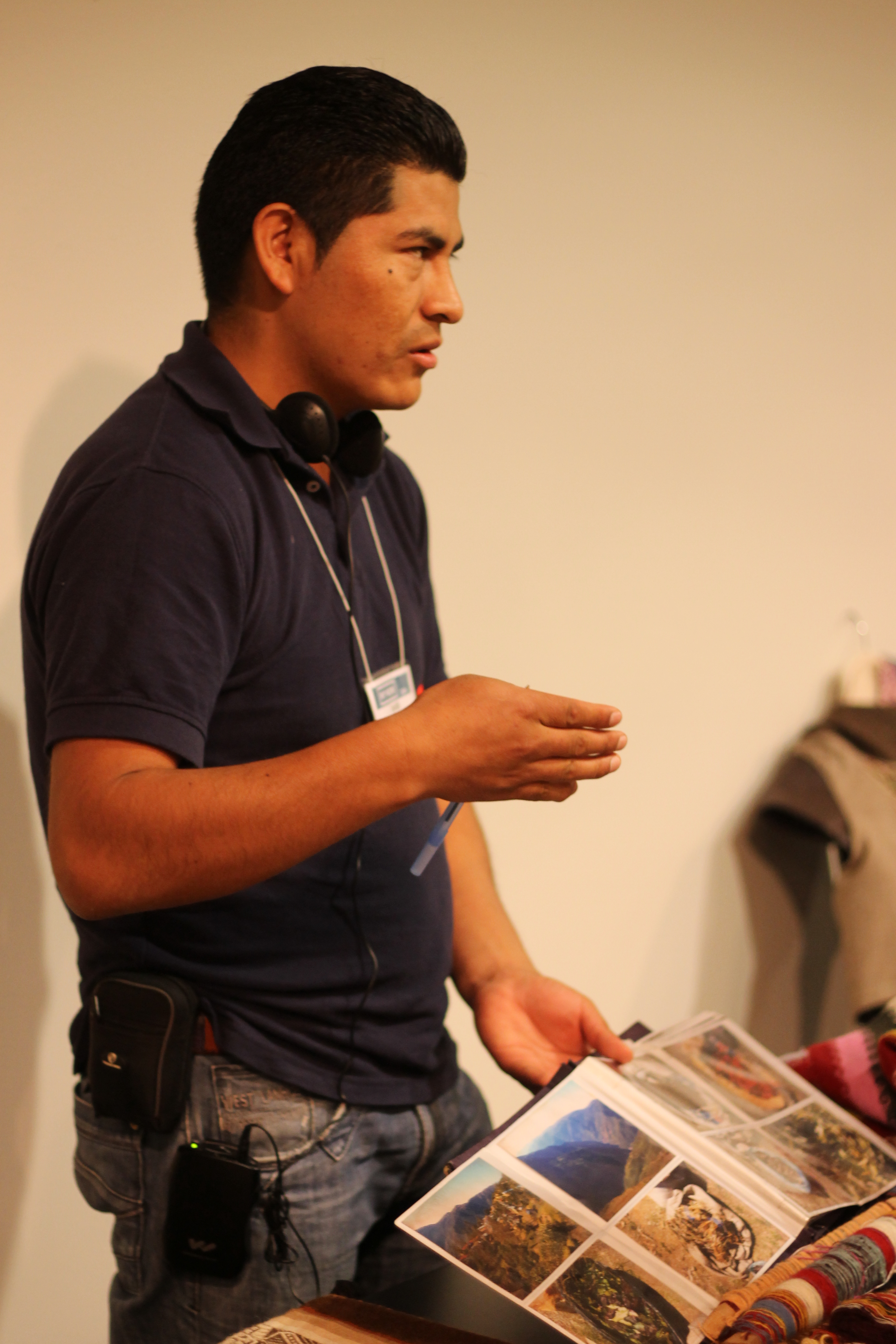
Qaytu Kausay is a family of weavers who have been dedicated to preserving the heritage of the Inca. For over 30 years, this group’s mission has been to improve and strengthen knowledge in the art of textiles (traditional fabrics and utility) of the Andean population and to promote handwoven crafts using renewable resources. Their handmade variety of garments such as ponchos, chullos, llicllas, shawls, bedspreads, bags, passages, table runners, ponchos, scarves and cushions are made from alpaca wool, collected from their region. President of Administration, David Pimental showcased their work at the MRP.
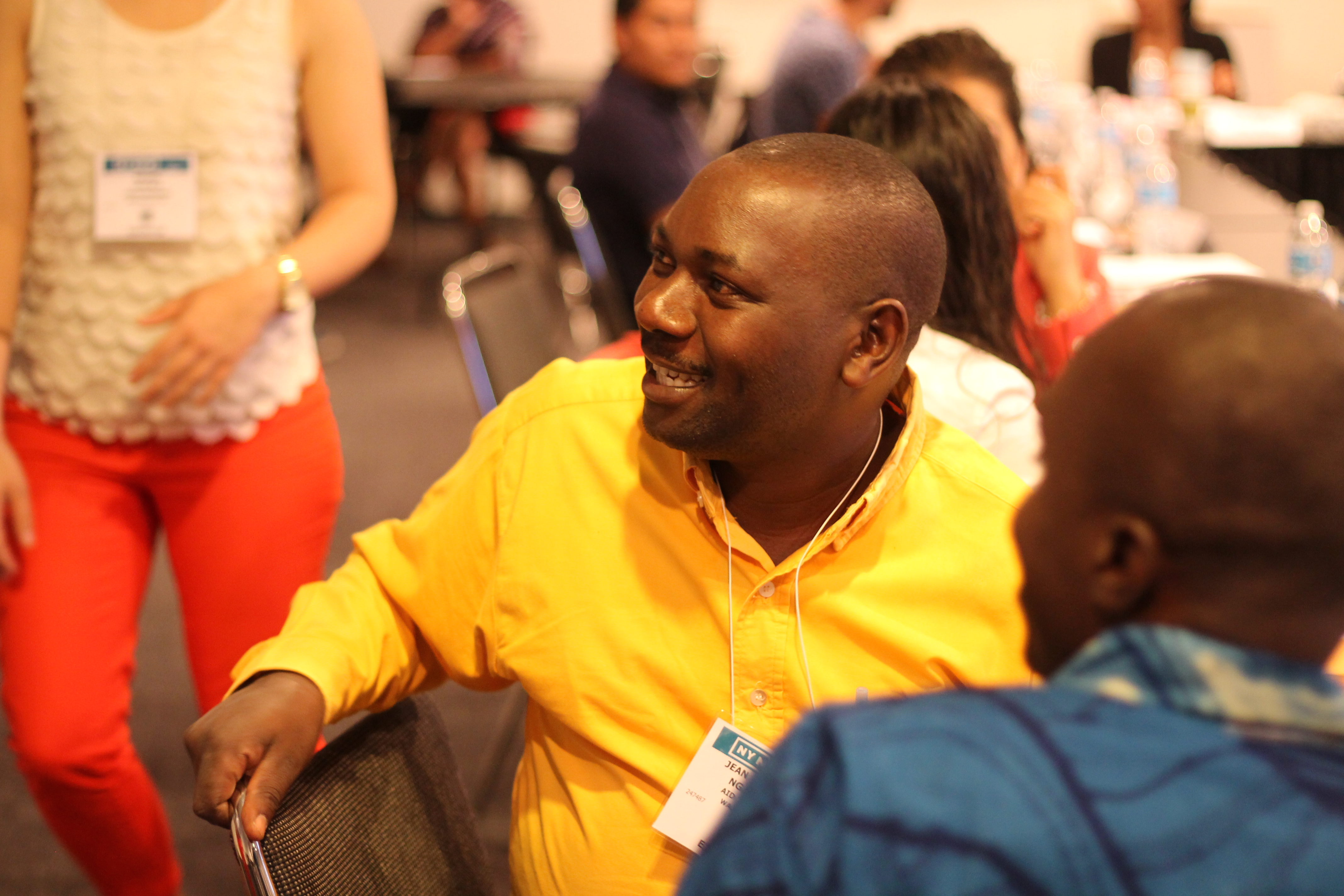
“As the Managing Director, apart representing my organization, I have to train artisan groups to improve the quality and management of their small pottery enterprises and to maintain regular contact with the artisans in order to develop improved vertical and horizontal communication,” says Jean Damascene Ngabonziza, managing director of Just World, a non-profit based in Rwanda. Just World supports artisans who produce pottery and crafts such as sewing and basket weaving in order to strengthen the capacity of artisan (handcrafts producers and dancers) cooperatives. These efforts help generate income and improve food security in the long and short-term.
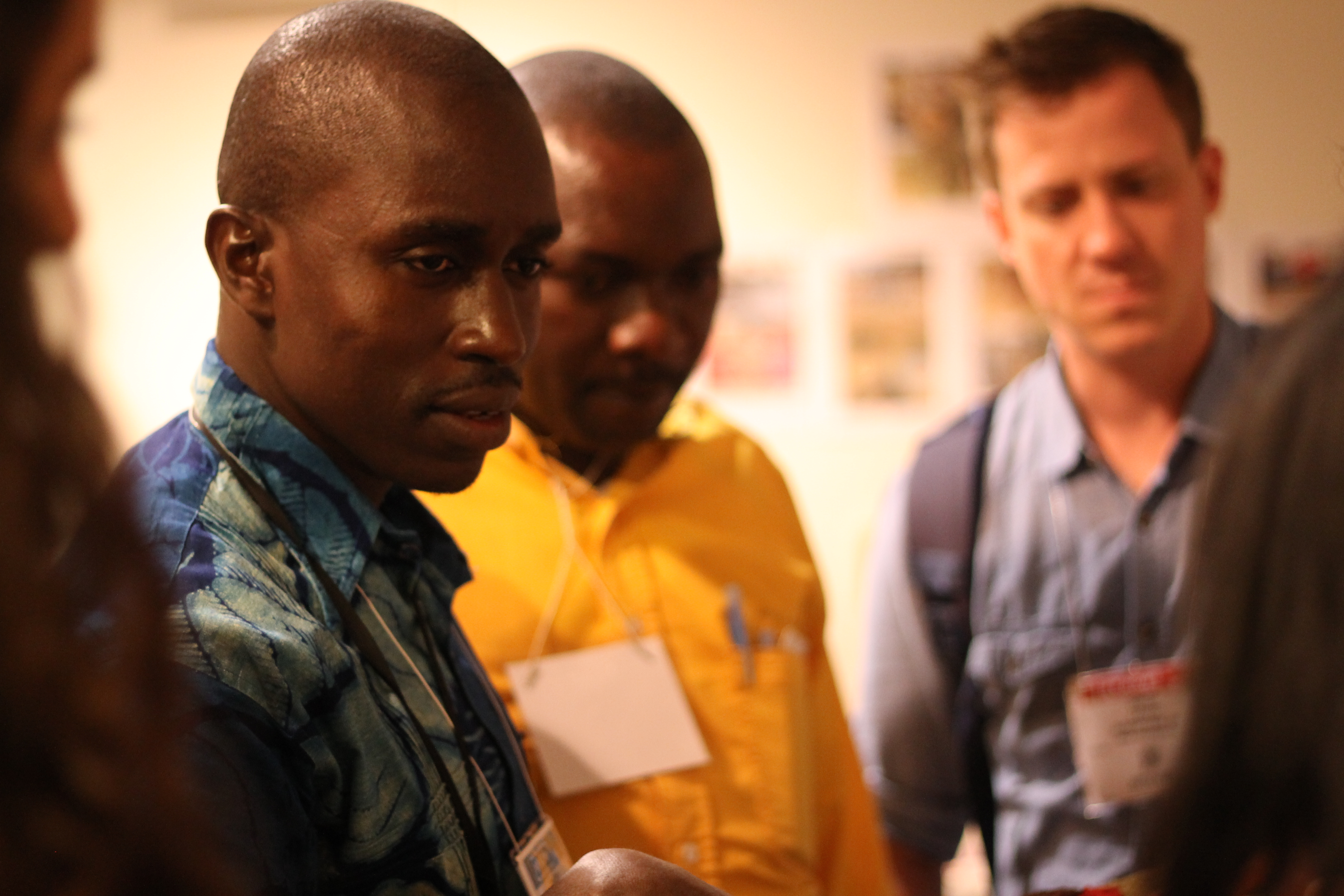
Chamber of Craft Industries in Kaoalck is a professional organization based in Senegal that was created to organize and bring assistance to artisans within the region. Director of Technical Service Cheikh Thiam attended the MRP to help artisans find opportunities within US markets in order to improve their living conditions. Using raw materials such as wood, metal and textile fibers, the Chamber of Craft Industries in Kaoalck exports crafts to the US, Europe and throughout Africa.
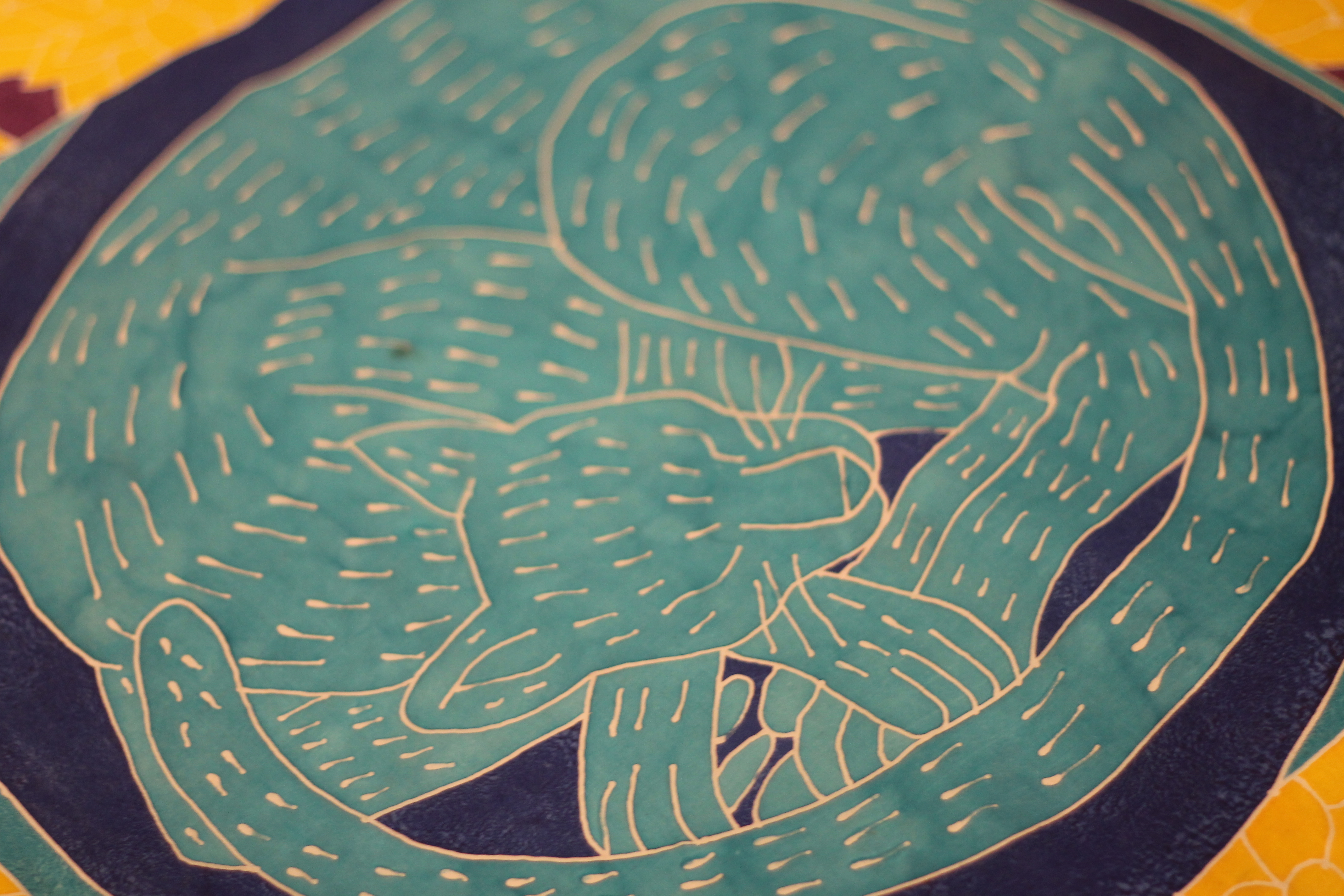
Art Matènwa is an organization created by the collaboration between Matènwa artisans and students, teachers and artists in Cape Cod. The venture was established in an effort to support an artistic and economic development project for women and mothers within the small community of Matènwa, Haiti. Artisans from the project are widely recognized for their skills in producing vibrant scarves and jewelry. Ellen Raquel Lebow represented Art Matènwa at the MRP.

Driven by her passion for uplifting disadvantaged and unemployed women, lawyer Selenge Tserendash established the Mongolian Quilting Center/ New Way of Life NGO (NWL) in 2005. The mission of the NWL is to help reduce poverty and to improve the livelihood of women in suburban and rural Mongolian communities through education and skills training in patchwork and quilting. Over 2000 students from all parts of Mongolia have been taught by the Mongolian Quilting Center and it continues to grow and produce handmade quilted products.
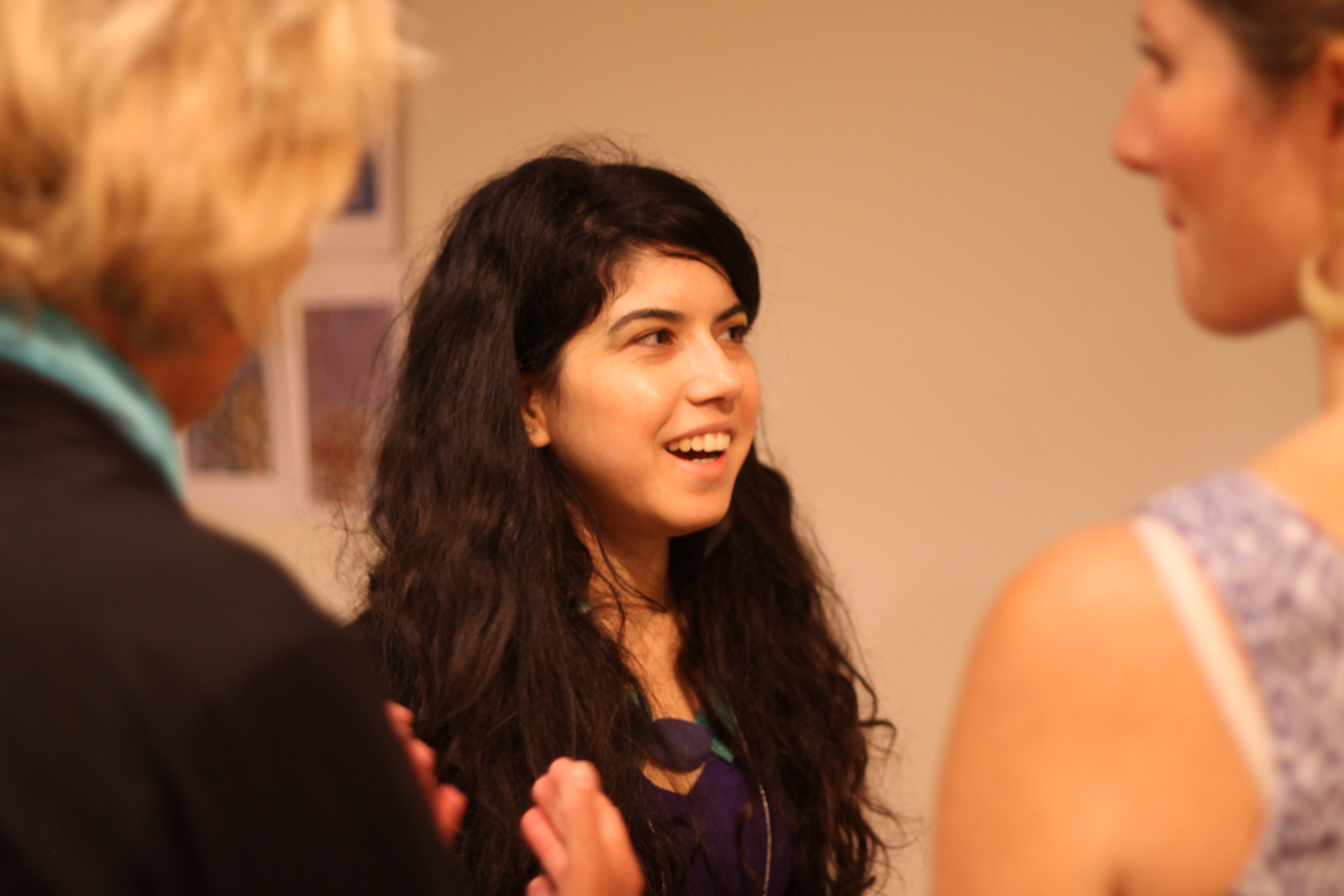
Since 2008, MAPLE Microdevelopment has been dedicated to building grassroots capacities for Ugandan refugees returning after 20 years to their ancestral lands, through global connections to strengthen civil society, education, and sustainable asset-building strategies. In 2011, MAPLE took on an important new direction, strategically partnering with leading grassroots development indigenous Mapuche organizations in Chile to contribute, not only to much needed locally appropriate Mapuche-driven solutions, but also towards a global clearinghouse for community-governed, holistic asset-building strategies reaching remote rural and tribal areas of developing countries. In the summer of 2013, Alison Guzman, field manager for MAPLE Microdevelopment, began living in the Llaguepulli Indigenous community, in the Araucania region of Chile to work with handcrafters to produce textiles, silverwork and woodwork. MAPLE currently supports 25 artisans in the community.






